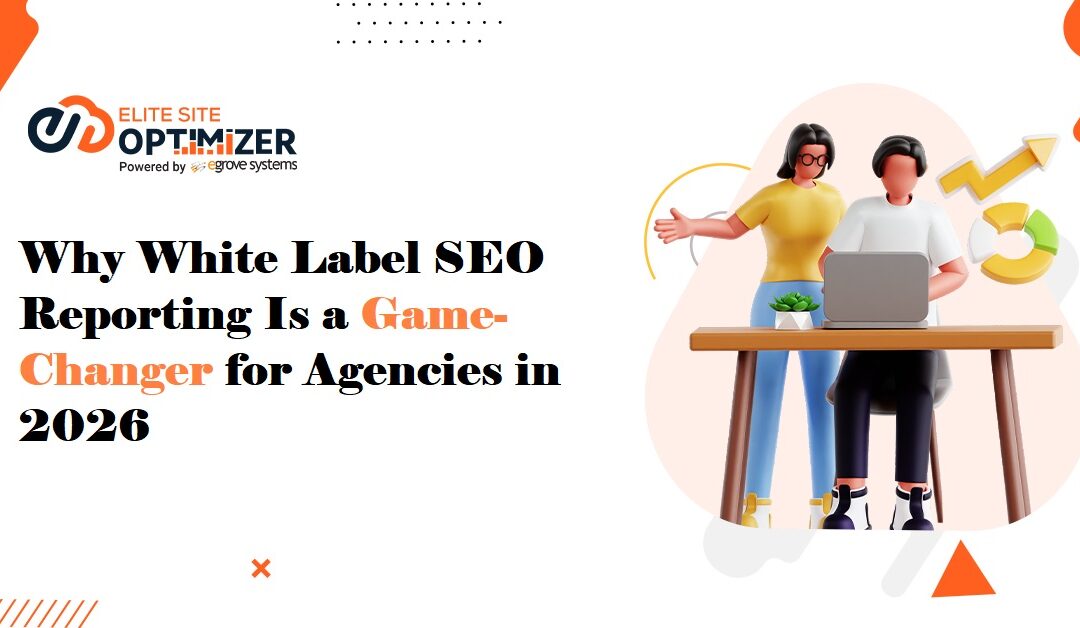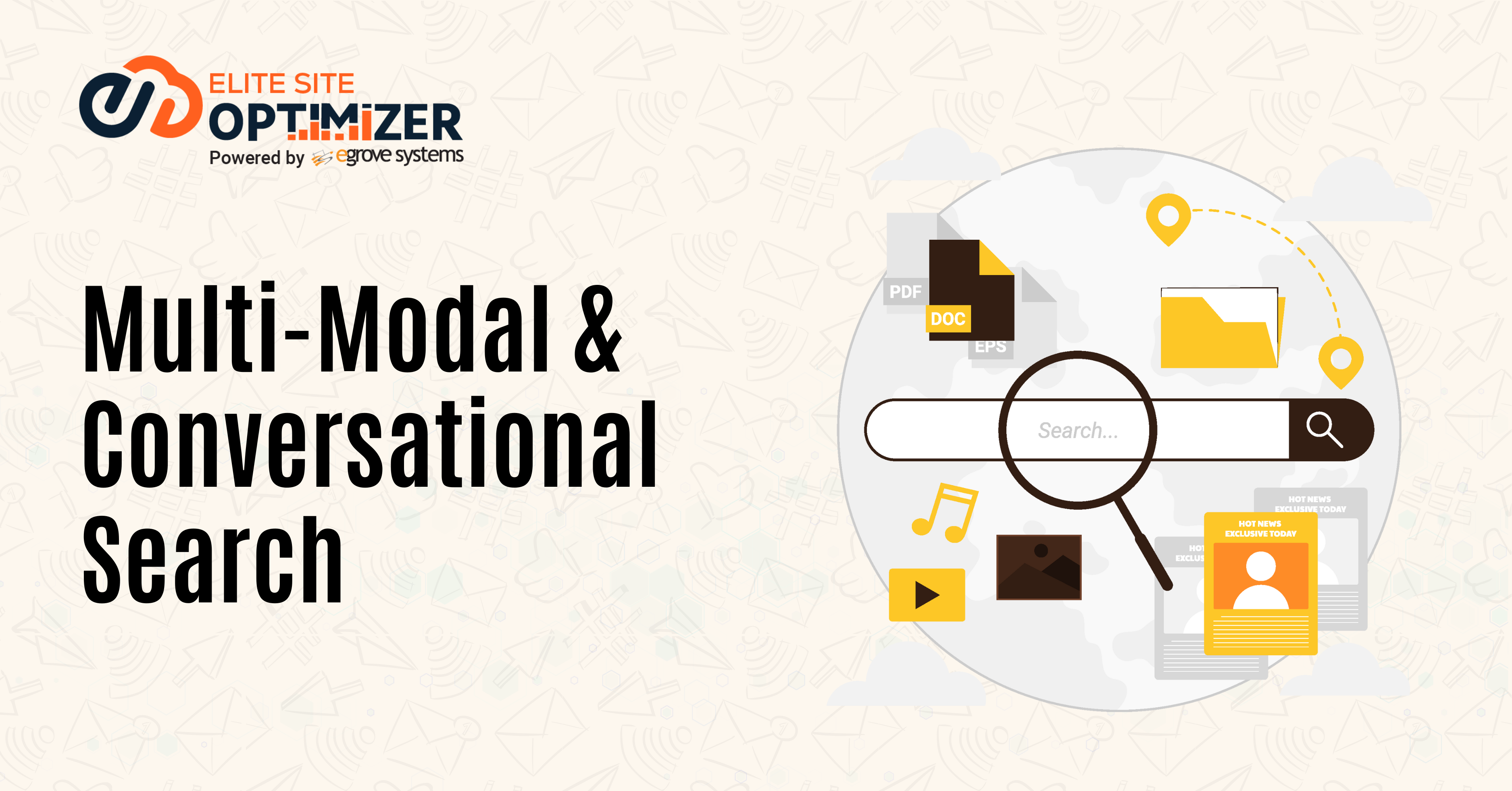Reporting is an essential element for digital marketing agencies. It is a tool for them to demonstrate the value they have delivered. But SEO’s dynamic nature is making the process increasingly complex. It takes a lot of time, and with the continuously changing norms, maintaining transparency with clients and keeping reports easy to understand is a big challenge. However, for agencies that opt for white-label SEO reporting tools, the process is significantly more straightforward. White label SEO reporting is changing the game, saving agencies time, helping build client trust, and providing quicker solutions.
Understanding White Label SEO Reporting
Basically, white label SEO reporting means hiring or buying technology to help with report creation or automation through a third-party platform, while fully branding it to your agency. The client sees the report as coming from the agency, while the back-end support is directed from a proprietary, robust set of reporting systems.
With the help of white label SEO reports, agencies do not have to spend hours manually pulling keyword rankings, backlink profiles, traffic metrics, and other elements. Instead, white label platforms automate those processes, so marketers have reports ready to send out. As a result, the agencies and their clients enjoy branded professionalism with excellent formatting, visibility for reports, streamlined analytics, insights, and recommendations. This transition away from reporting allows you to focus on what you do best: strategy, creation, brainstorming, and building client relationships.
Impact of White Label SEO Reporting in 2026
The impact of automated white label SEO reports can be experienced through a series of advantages. Some of its benefits include the following:
Save Your Agency Time Without Sacrificing Quality
SEO reporting can take agencies hours each month for each client. This time could be better spent on core strengths and business tasks, with transferring the tedious process to white label SEO reporting systems. White label options automate collecting data and providing reports from accounts like Google Analytics, Search Console, and SEMrush. Reports will be formatted professionally, with accurate metrics and branded to the agency.
Build Client Trust With Open-Reporting
Clients want results; however, they really wish to have clarity. Open white label SEO reports are data-rich, however, simplified for clients to digest the more complex measurable metrics. Consistently branded reports create the perception of professionalism and authority. In 2026, as clients become increasingly data-driven, agencies that do not provide open reporting will potentially lose accounts to those that do.
Allows You to Scale Your Business
Taking care of five clients manually is one thing. Taking care of fifty is a whole different deal. Serving the marketing needs is easy. Spending hours every month to create SEO reports for each will restrict your bandwidth and might even prevent you from onboarding ample clients. White label SEO reporting platforms allow agencies to scale like a breeze, whether that’s onboarding new clients to an existing service or offering a new service line like PPC or social. Through automation, agencies can remain streamlined and keep delivering the same high standards to dozens or hundreds of clients without exhausting their team.
Provides Deep Insight
Newer white label platforms offer more than a report of data; they offer insight. Some platforms even utilize AI to pull forward trends or trigger alerts on dropped rankings or missed opportunities. When agencies incorporate those insights into their reports, they are validating their services and becoming partners, rather than merely billable service providers.
Strengthens Branding and Differentiation
Every report you generate for clients is an opportunity to reinforce the agency’s brand. White label reports give agencies the option to add in:
- Logos and colors.
- Unique observations.
- Tailored recommendations.
- Executive summaries specific to client priorities.
Challenges Without White Label SEO Reporting
Agencies that do not make use of SEO reporting software frequently encounter roadblocks that damage agency efficiency and client satisfaction. Some of the barriers that arise are:
Time Crunch
Pulling analytics from Google Analytics, SEMrush, social media dashboards, and more can take an enormous amount of time, ranging from a couple of hours to the entire day, per client. With all that manual effort, agencies won’t have time to strategize, produce content, or optimize their efforts. The outcome is poor results in the business while trying to manage detailed reports.
Inconsistent Results
Each person on the team will format and present data in slightly different ways, which means there will be varying professional and unified looks in the reports. Inconsistent reports can make an agency look less credible.
Delay in Delivery
When data is managed manually, client reports will be delayed unless an agency has one person for every one to two clients which is not sustainable in the long term. For fast paced industries it creates friction and erodes trust especially when businesses expect real time updates.
Scalability
As the agency’s client base grows so does the workload for reporting. Staff must increase or existing staff will burn out and turnover making it cost prohibitive to grow.
What’s the Future of White Label SEO Reporting in 2026 and Beyond?
AI will continue to advance, moving reporting tools away from standard dashboards. The future of white label SEO reporting will be:
- Predictive analytics: This will indicate expected traffic, rankings, and conversions.
- Smart Suggestions: Present recommendation supported by data.
- Voice-enabled reporting: This feature enables clients to ask questions directly and receive responses without the need for manual data entry.
- More personalized reporting: This refers to reporting that includes data specific to the industry, KPI, and sometimes specific business goals.
In addition to offering more reporting options, agencies can take the lead in implementing these and offering more innovative reporting solutions. By doing this, they can optimize their operations and establish trust with their clients without compromising quality or rushing to produce reports.
Conclusion
Manually developing SEO reports for clients might be possible for smaller agencies when they have only a handful of clients to handle. However, SEO is changing constantly, and with every new update, the process of reporting becomes complex. Agencies that want to remain competitive, scale, and focus on their core competencies without impacting client experience must make use of white label SEO tools.







